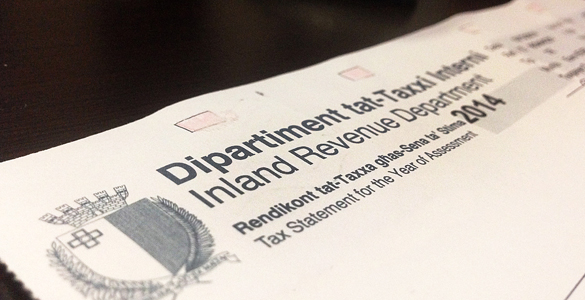Every debtor will be familiar with the pages of number accompanying a loan sanction letter, referred to as the amortisation schedule. But what does it all mean?
Today’s column by Marisa Said, who heads the Consumer and Microbusiness Finance Department at Bank of Valletta, continues a series of articles aimed at demystifying the world of credit.
The first article, on sanction letters, can be found here. Other entries tackled the difference between secured and unsecured loans, collateral, the difference between general and special hypothec, the meaning of special privilege in a mortgage, and the difference between capital and interest.
Ms Said has over 30 years of experience in retail banking, most of which are directly related to mortgages, and is a key trainer in the area of home loans.

She explains:
Loan amortisation is the process of gradually reducing the capital on a loan through regular repayments made over a specified period, typically through fixed monthly payments.
Each payment is applied first to the loan’s interest and then to its capital balance, with more of the payment going towards the capital over time.
As the capital balance decreases, the amount of interest charged on the remaining balance also decreases, which means that a greater portion of each subsequent payment is applied to the capital.
The loan’s amortisation schedule outlines the amount of each payment and how it is applied to interest and capital over the life of a loan.
Amortisation is commonly used for home loans, car loans, personal loans and other instalment loans where the borrower repays the loan in regular payments over a fixed period.
An Expert Explains is a BusinessNow.mt initiative to improve economic financial literacy by inviting industry leaders to explain technical terms in a manner that can be understood by a general audience. If you would like to suggest a term or concept for our network of professionals to break down, or if you are an expert willing to contribute to this column, send us a message on our Facebook Page.
Top 5% of taxpayers responsible for one-third of all income tax paid in Malta
On the other hand, the bottom third of income earners pay just 1.7% of all income tax generated
The Malta Institute of Accountants prepares for its 2024 Anti-Money Laundering Conference
Held at the Radisson Blu, St Julians, this latest AML Conference promises to bring exclusive insights on new procedures
Eurozone interest rates to remain unchanged
The European Central Bank noted that price pressures remain persistent






